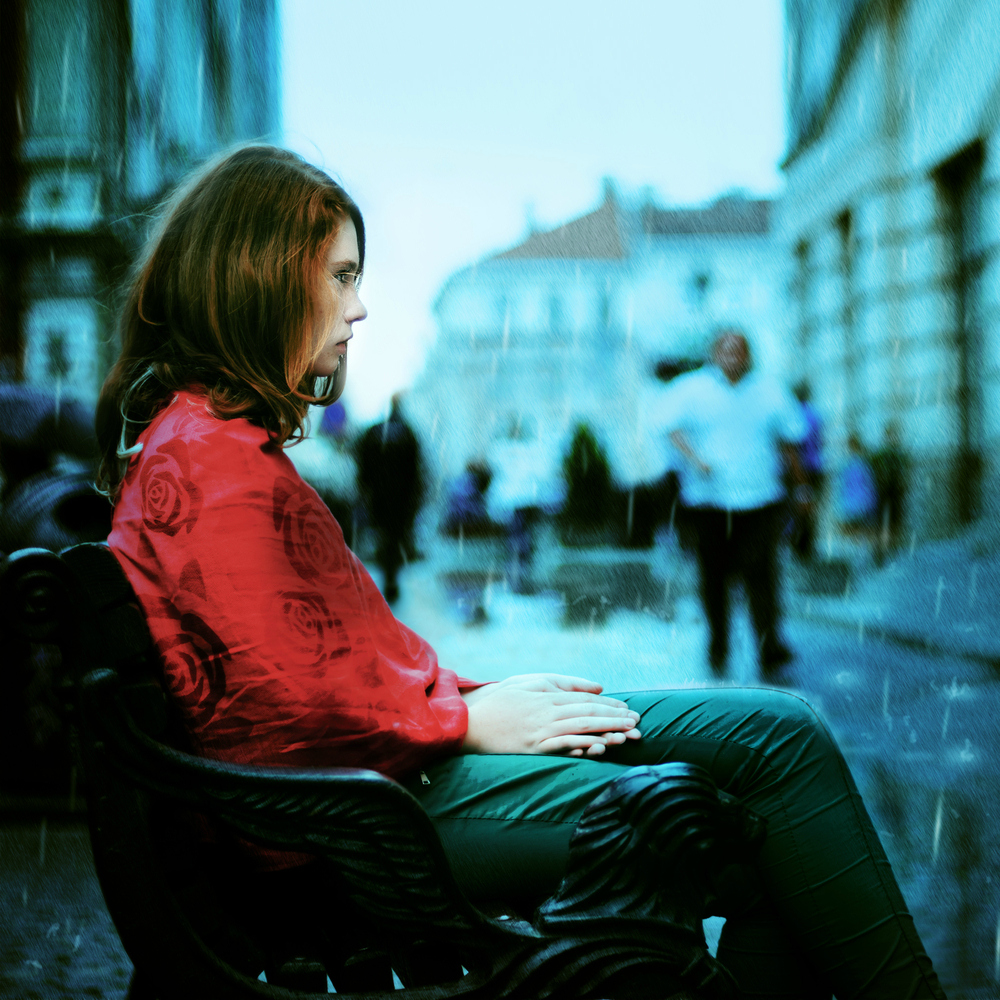If only the gene pool came with a filter and a half decent lifeguard …
The propensity to feel happiness, or not, might lie in our DNA in the form of an unhappiness gene.
Clearly happiness is not about what we have – there are plenty of unhappy people who have a lot and plenty of happy people who have little.
Scientists may have found the answer – it’s in our DNA, in the form of a gene, ADRA2b, that causes some people to pay more attention to negative emotional events.
The gene is present in about 50% of Caucasians which is much higher than in other ethnic groups.
The ADRA2b gene influences the degree to which people tune in to negative or threatening things around in the environment, affecting not only how events are perceived in the first place, but also how they are remembered later on.
The study involved showing participants a series of emotional words which were positive, negative, or neutral. Participants who had the ADRA2b gene variant were more like to perceive the negative words than those who did not have the variant. Words which were positive were perceived similarly by all participants.
For example, people with the gene are more likely to notice an angry face in a crowd and remember it later on, rather than enjoying the company of those around them.
As explained by Prof Rebecca Todd, lead author of the study, ‘the findings suggest people experience emotional aspects of the world partly through gene-coloured glasses – and that biological variations at the genetic level can play a significant role in individual differences in perception.’
Being emotionally sensitive to what’s happening in the environment is a good thing – it’s the food of happy relationships and a safe and nurturing environment. Things can’t be put right if nobody notices when they are wrong.
Focussing too much on the negative does harm. Rumination – focusing on negative thoughts and events – is a risk factor for depression.
Perception is a critical part of the way we experience and respond to the world. It influences everything – our mood, our relationships, the goals we set, the way we bring up our children. Everything.
It’s important to remember that genetics don’t necessarily have to determine outcome. Think of it like walking around in a dark room. You bump into things, stumble, fall. But when you turn on a light everything that was there in the dark is still there – but now you can navigate around it.
For those who tend to perceive life with a grey hue, being armed with this knowledge can open up the possibility that just because you feel it – negative, threatened, sad – doesn’t necessarily mean it has to dictate who you are.
Genes interact with our environment and our upbringing and though you can’t change your genes, you can change your environment, how you respond to it, and those you allow to be in it. For ways to pull out of negative thinking, see here.



Leave a Reply